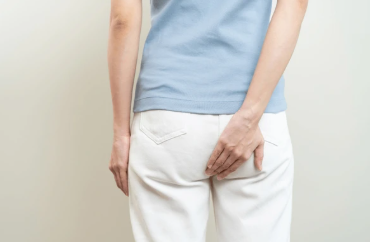A research team that previously won the 2024 Ig Nobel Prize in Physiology for discovering that mammals can breathe through their anus has released promising new findings on the potential medical use of this method in humans. Commonly referred to as “butt breathing,” the technique could one day offer an alternative treatment for patients suffering from severe respiratory failure.
The team, based at Cincinnati Children’s Hospital Medical Center, has been exploring a method known as enteral ventilation via anus (EVA). Inspired by species like the loach—a fish known for surviving in low-oxygen environments using intestinal breathing—the scientists believe the approach could serve as a supplement or alternative to traditional mechanical ventilation.
Initial experiments with mice and micro-pigs involved the administration of oxygen gas or oxygenated perfluorocarbon liquid rectally. In both cases, the animals were able to survive respiratory failure with no major complications. The oxygen-carrying liquid used, Oxycyte, was originally developed as an artificial blood substitute and even featured in the 1989 film The Abyss.
Building on their previous work, the researchers have now conducted the first human trial focused on the safety of the procedure. The study involved 27 healthy adult men in Japan, each of whom received a dose of non-oxygenated perfluorodecalin via the rectum. The participants were asked to retain the liquid for up to an hour, with volumes gradually increasing from 25 to 1,500 milliliters.
Twenty participants completed the full trial. Some experienced mild bloating and discomfort, which resolved without medical intervention. Importantly, no serious side effects were reported.
“This is the first human data and the results are limited solely to demonstrating the safety of the procedure and not its effectiveness,” said Dr. Takanori Takebe, co-author of the study and researcher at both Cincinnati Children’s Hospital and the University of Osaka. “But now that we have established tolerance, the next step will be to evaluate how effective the process is for delivering oxygen to the bloodstream.”
The researchers believe butt breathing could offer a way to give damaged lungs time to recover by reducing reliance on ventilators, which can sometimes exacerbate lung injury. While much work remains, this unusual yet potentially life-saving technique may soon become a viable medical tool.
The study adds to a growing body of evidence suggesting that, under the right conditions, butt breathing is more than just a scientific curiosity—it may be a practical solution to real-world medical challenges.

